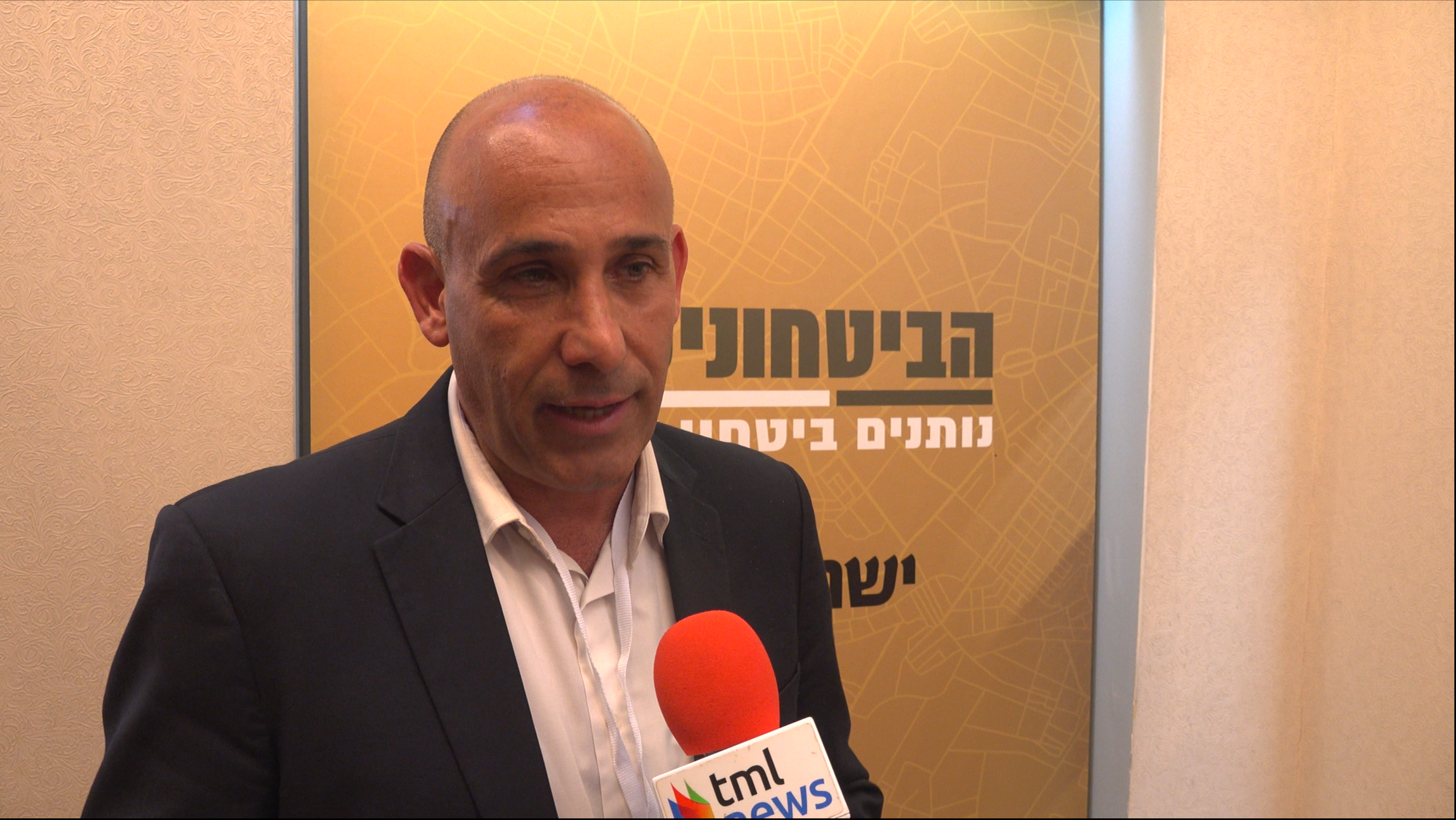Avivi to TML: Iranian Port Blast Could Be ‘Planned Attack and Not an Accident’
Gen. Amir Avivi tells TML Israel could have struck Iranian rocket fuel and that he urged Trump to be ‘Churchill, not Chamberlain'
In an interview with The Media Line, Brig. Gen. (ret.) Amir Avivi hinted at Israeli involvement in a recent chemical strike on Iranian rocket fuel, observing that “this attack was on fuel for ballistic rockets. So it makes sense that this is a planned attack and not an accident.”
Looking ahead to renewed US–Iran negotiations, Avivi warned against trusting Tehran’s intentions. He noted that Iranian state media “are laughing at the US. They think they’re having the upper hand,” and that he pressed President Trump to choose “whether he’s going to be a Churchill or a Chamberlain,” insisting that if Iran does not fully dismantle its nuclear sites, “there is one option, an attack on the nuclear sites.”
This holiday season, give to:
Truth and understanding
The Media Line's intrepid correspondents are in Israel, Gaza, Lebanon, Syria and Pakistan providing first-person reporting.
They all said they cover it.
We see it.
We report with just one agenda: the truth.


On US-Israeli coordination, Avivi said the two governments “talk frequently” but that Washington houses voices seeking to retreat from global leadership. He urged a “massive airstrike, just as the US is doing now on the Houthis, just as Israel did before in Iran, but a much bigger attack,” arguing such a decisive blow would “stop the war and not open a new war” by crippling Iran’s ability to respond.
Turning to the Gaza conflict, Avivi reaffirmed Israel’s dual objectives: “to eradicate Hamas as a governmental and military entity, to bring back all the remaining hostages, and to create a reality that never again there will be a terror army in the Gaza Strip.” He explained that Israel is prioritizing a hostage deal first. Still, if talks falter, they will “launch a full-scale attack into Gaza.”
Addressing troop morale, Avivi said that soldiers remain confident as long as their objectives are clear. “What the soldiers don’t like is when they feel that time is being wasted, that they are endangering their lives, not for a worthy cause,” he said, adding that once troops know “they will be sent to win this war,” morale will stay “very, very high.”

